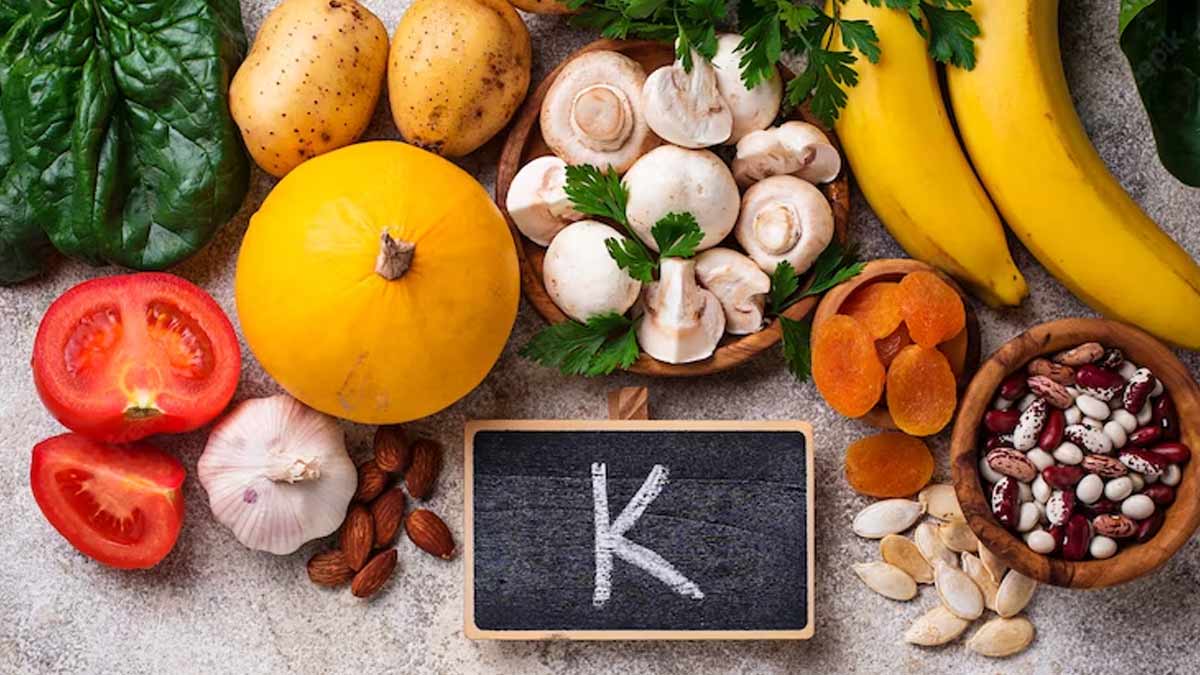
The importance of Vitamin K in blood clotting, and boosting the body’s ability to heal wounds is widely known. However, it is lesser known that Vitamin K also impacts your lung health in a major way. As per ERJ Open Research 2023, low vitamin K levels were associated with lower lung capacity, and a higher risk of asthma, chronic obstructive pulmonary disorder (COPD), and wheezing.
Vitamin K's Impact on Lungs

During the study, a team of Danish researchers from Copenhagen University Hospital and the University of Copenhagen examined more than 4,000 people aged 24 to 77. The people had to participate in a number of tests that assessed their lung function, blood, and lifestyle.
Also Read: Vitamin K: Importance, Deficiency, & Food Sources
The researchers found that people with low levels of vitamin K performed worse on lung function tests. Additionally, the study also relayed that people with low vitamin K were twice as likely to report having COPD, 81 per cent more likely to report wheezing, and 44 per cent more likely to report having asthma.
The researchers concluded that although their study reveals a possible link between the level of vitamin K and its impact on the lungs, more research is necessary before vitamin K supplements can be prescribed for poor lung health.
Sources of Vitamin K

Beyond its possible role in lung health, and its proven benefits for blood clotting, Vitamin K also aids in strengthing the bones. You can include the following sources in your diet to boost your Vitamin K intake:
- Leafy greens: Spinach, kale, collard greens, and Swiss chard.
- Cruciferous vegetables: Broccoli, Brussels sprouts, and cabbage.
- Herbs: Parsley, basil, and cilantro.
- Green vegetables: Green beans, asparagus, and peas.
- Fermented foods: Greek yoghurt, buttermilk, and certain cheeses like gouda and brie.
- Meat: Particularly organ meats like liver.
- Dairy: Butter and certain types of cheese.
- Eggs: Especially egg yolks.
- Supplementation: Always use vitamin K supplements under the guidance of a healthcare professional.
Nurturing Your Body with Vitamin K
While vitamin K's role in lung health is still being studied, emerging research underscores its potential significance in maintaining optimal lung function. Incorporating a variety of vitamin K-rich foods into your diet can contribute to your overall well-being. Be mindful that achieving a balanced and nutrient-rich diet is a journey. Therefore, consult a nutritionist who can assess your body’s vitamin K needs and provide tailored recommendations.







